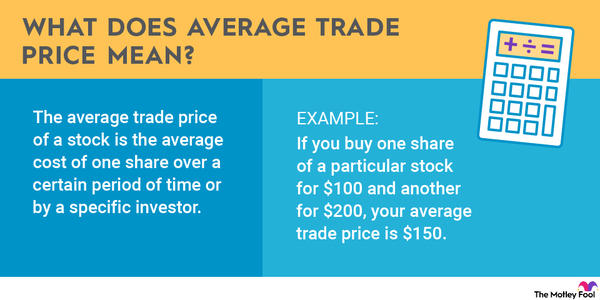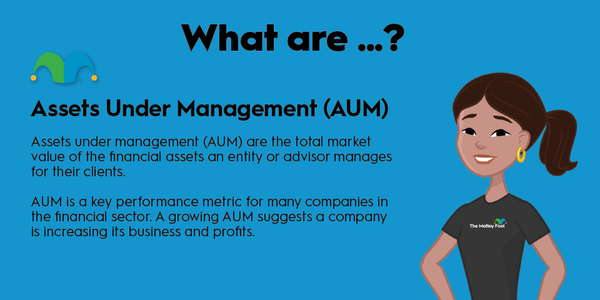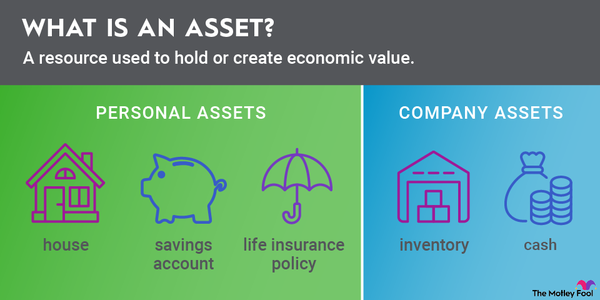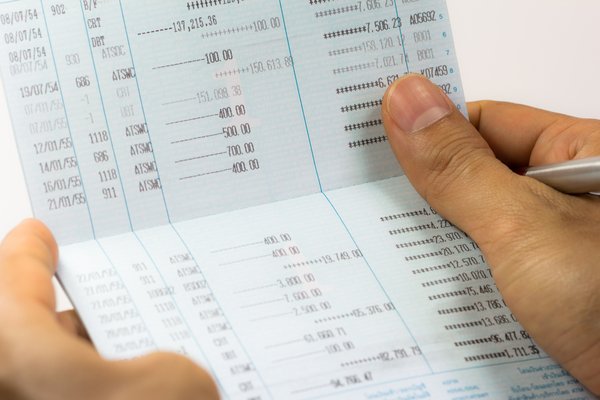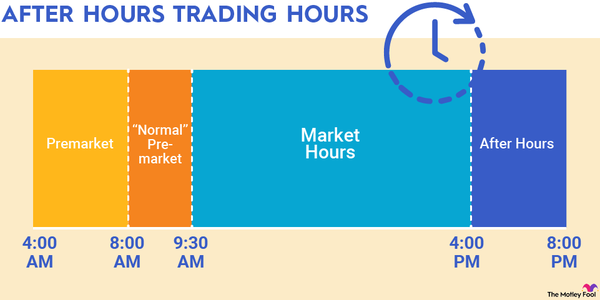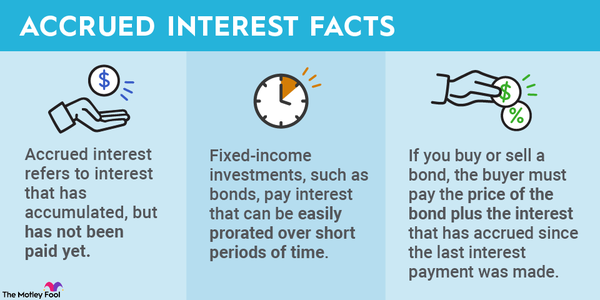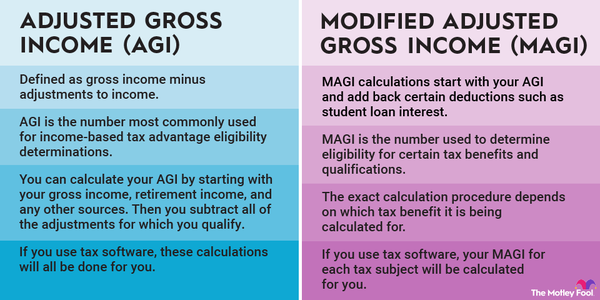Every business, from small tutoring startups to global corporations, relies on suppliers, vendors, and service providers to keep operations running, all known as accounts payable (AP). Understanding how to effectively manage accounts payable can help businesses maintain strong supplier relationships, manage cash flow effectively, and avoid late fees or financial mismanagement.

Understanding accounts payable
At its fundamental core, accounts payable refers to the outstanding bills a business has not yet paid for goods or services. Effectively, it's money that the business owes other people and third parties. These obligations are recorded as liabilities on the company's balance sheet, representing money that must be paid within a specific time, usually within 30 to 90 days. Accounts payable differ from accounts receivable, which represents money owed to the business by customers.
For example, if a restaurant orders ingredients from a food distributor with a payment term of 60 days, the invoice would be categorized under accounts payable until the restaurant settles the bill. The same applies to a construction company purchasing raw materials or an e-commerce brand paying for warehouse storage.
Why it matters
Why accounts payable matters for businesses
Cash flow management
In business, cash flow is king, and efficient accounts payable management helps businesses maintain a healthy cash flow by ensuring that payments are made on time but not too early. Companies often use the full length of their payment terms to keep cash in hand for as long as possible, allowing them to reinvest in other business needs. The just-in-time (JIT) model, pioneered by Toyota Motor (TM 0.52%), is used for manufacturing all around the globe and relies heavily on efficient accounts payable management to ensure suppliers are paid promptly while minimizing excess inventory costs. By maintaining low stock levels and coordinating closely with vendors, businesses using JIT can optimize cash flow by paying for materials only when needed rather than holding large reserves, reducing waste.
Strengthens supplier relationships and reduces risk
Every business is looking to get paid in a reliable way, and reliable accounts payable processes help businesses build trust with suppliers. Paying invoices on time can result in better credit terms, potential discounts, and priority treatment. On the flip side, failing to meet payment deadlines can lead to strained relationships, higher prices, or even supply disruptions. Late payments can lead to penalties, damaged credit ratings, and even legal disputes. By tracking accounts payable closely, companies can avoid costly fees, maintain financial credibility, and force compliance with contractual duties and obligations.
How to manage accounts payable effectively
Automate the process
Many businesses use AP automation software to streamline invoice tracking, set payment reminders, and reduce errors. Platforms like Bill.com, QuickBooks, and SAP Concur help manage approval workflows, which ensure payments are processed on time. Automation minimizes manual work, lowers the risk of missed payments, and improves cash flow efficiency. It also makes sure that suppliers never have to worry about being paid late due to human error, since automation done correctly can eliminate this risk.
Negotiate favorable payment terms
Improving supplier payment terms can give businesses more financial flexibility. For instance, negotiating net-60 instead of net-30 extends the time to pay invoices, freeing up cash for day-to-day operations. Establishing strong relationships with vendors also increases the likelihood of securing early payment discounts or flexible terms that align with business needs.
Implement checks and prioritize payments
A three-way matching system can help businesses catch errors before issuing payments by cross-checking purchase orders, invoices, and delivery receipts. This process prevents overpayments and fraud. When cash is tight, prioritizing essential payments like rent, utilities, and suppliers over less-critical expenses keeps operations running smoothly.
Related investing topics
Example
Example: Accounts payable impacting a grain business
Grain Enigma, a grain distribution company, sources wheat from multiple farms and suppliers. At any given time, it has $1.2 million in outstanding accounts payable, with most invoices due in 60 days. By leveraging AP automation software, the company ensures timely payments, avoids late fees, and maintains strong relationships with its valuable suppliers of said grain.
On top of the existing deal, Grain Enigma negotiates a 1.5% early payment discount with select farmers, which helps them save $18,000 annually while securing priority access to high-quality wheat and grains during peak seasons.












